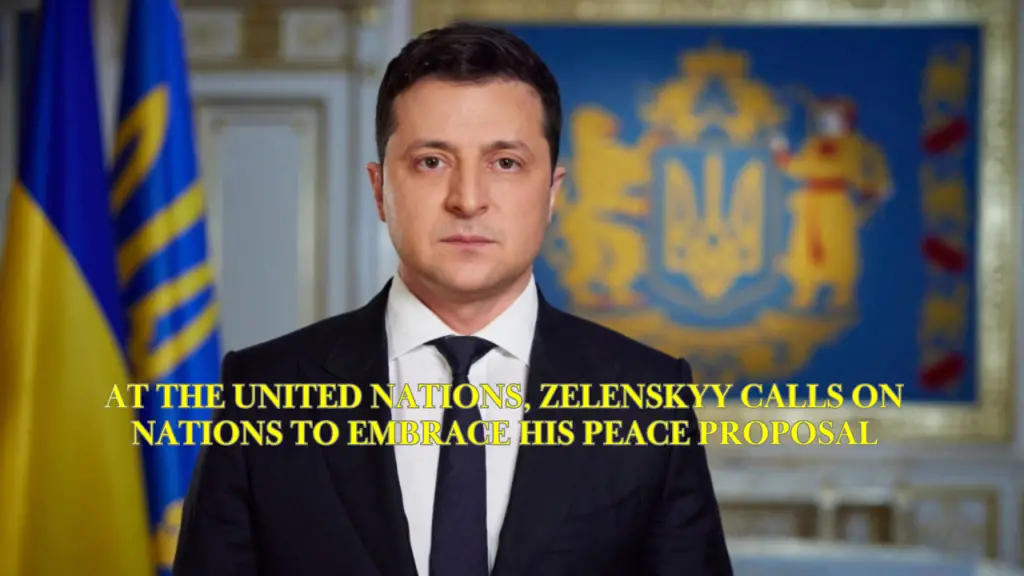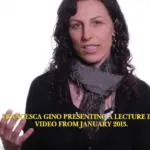At the 79th session of the United Nations General Assembly (UNGA), Ukrainian President Volodymyr Zelenskyy delivered a powerful address, emphasizing the dire consequences of Russia’s continued occupation of Ukraine’s Zaporizhzhia nuclear power plant. He expressed grave concerns about the potential for a nuclear disaster stemming from the ongoing conflict.
In his remarks, Zelenskyy reiterated the need for a robust peace plan, asserting that achieving a resolution to the war within the UN framework is “impossible” due to Russia’s veto power in the Security Council. He reminded the assembly, which comprises 193 member states, about a resolution passed in July with overwhelming support (99 in favor, 9 against, and 60 abstentions, including India), calling for Russia to relinquish control of all nuclear facilities, particularly the Zaporizhzhia plant, back to Ukraine.
“Radiation will not respect state borders,” Zelenskyy cautioned, highlighting the widespread implications of any radioactive incident. He warned that the fallout could not only impact Ukraine but also have disastrous effects across Europe and beyond, similar to how smoke spreads from fires.
Zelenskyy articulated that Russia has consistently opposed his peace proposal, initially presented during the G-20 Summit in Indonesia in November 2022 and reiterated during the peace conference in Switzerland. The essence of his proposal is that all parties involved should be treated as equals, ensuring that no single nation could dominate the peace process. He stressed that the UN is ineffective in mediating peace due to the veto powers held by permanent Security Council members.
His comprehensive 10-point peace plan calls for the complete withdrawal of Russian forces from Ukraine, including Crimea, and the restoration of the borders that existed prior to Russia’s annexation in 2014. The plan also addresses critical issues such as nuclear safety, food and energy security, and accountability for war crimes.
“When the aggressor holds veto power, the UN finds itself powerless to halt the ongoing conflict,” Zelenskyy declared, positioning the Ukrainian peace plan as a feasible path forward. He criticized what he termed “half-hearted settlement plans” and “so-called sets of principles,” arguing that these proposals fail to acknowledge the realities on the ground and merely provide Russian President Vladimir Putin with the leeway to prolong the war.
Zelenskyy also pointed out the potential interests of Brazil and China in proposing alternative solutions to the conflict. He noted that these countries had previously suggested a plan aimed at de-escalation in May, which notably did not require Russia’s withdrawal from occupied territories. During his speech at the UNGA, Brazilian President Luiz Inacio Lula da Silva mentioned this plan, indicating its relevance in the ongoing discourse.
“When the Chinese-Brazilian duo attempts to expand their influence by partnering with voices from Europe or Africa to propose alternatives to a full and just peace, one must question their true intentions,” Zelenskyy remarked, highlighting the complexities of international diplomacy and the motivations of various nations.
Without naming specific leaders, Zelenskyy insinuated that some global figures might be more interested in seeking personal accolades than in facilitating genuine peace. He alluded to the possibility that certain leaders might be hoping to secure a Nobel Prize for their political legacies through a temporary truce rather than pursuing a lasting resolution. “The peace formula has been in existence for two years. However, some may prefer a frozen truce over real peace, while the only rewards from Putin for such an approach would be further suffering and disasters,” he cautioned.
He poignantly stated, “War always poses a threat to many,” adding that “the deepest understanding of war is found in the homes it destroys.” Zelenskyy emphasized the universal desire for a “real, just peace,” a sentiment shared by various leaders he had met, including Indian Prime Minister Narendra Modi.
On the sidelines of the UNGA, Zelenskyy engaged in bilateral discussions with Prime Minister Modi, during which they explored avenues to promote peace. India has been facilitating communication between Ukraine and Russia, hoping to expedite a resolution to the conflict, as highlighted by External Affairs Minister S. Jaishankar in a subsequent statement.
In summary, President Zelenskyy’s address at the UNGA served as a clarion call for the international community to rally around a clear and decisive peace framework while underscoring the critical need for nuclear safety and accountability in the face of ongoing aggression. His plea for support resonated with a sense of urgency, reflecting the profound impact of the war on the lives of countless individuals and the broader implications for global security.


